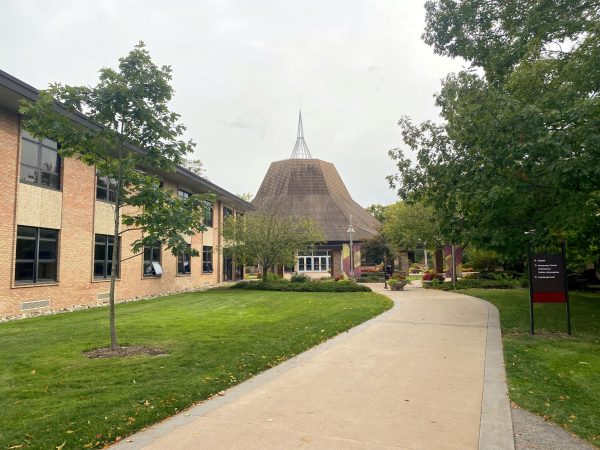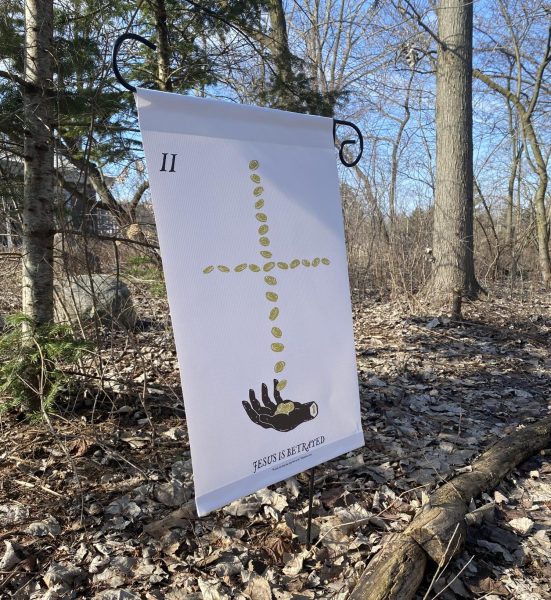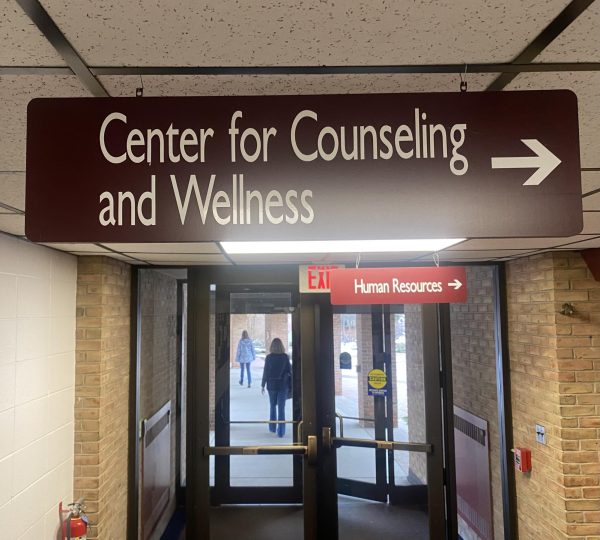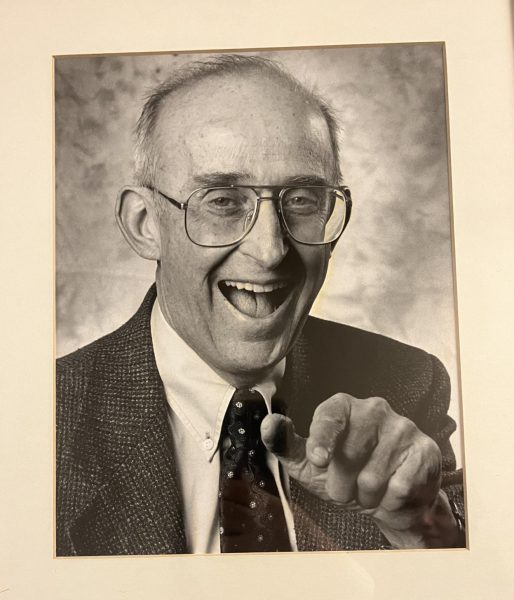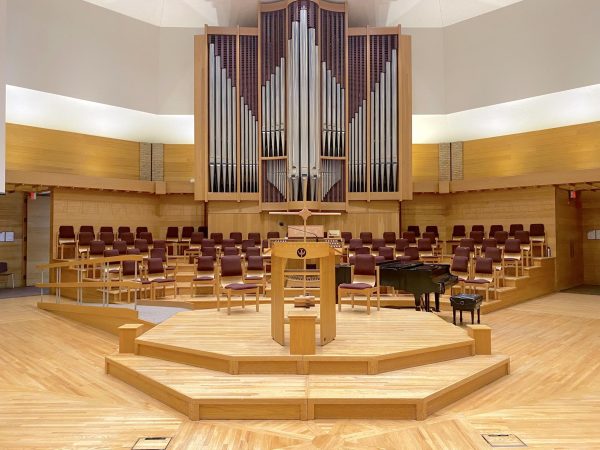ArtPrize sculpture removed because of religious controversy
This year’s annual ArtPrize contest held in downtown Grand Rapids will be without a piece of controversial art, which was recently rejected by the city’s Arts Advisory Committee. The artist, Nabil Mousa, originally had his sculpture, “Paradise Built on the Bones of the Slaughtered,” approved by the City Hall ArtPrize curator back in May, but is no longer allowed to display the piece in a city-approved venue after a last-minute vote by the Arts Advisory Committee. The sculpture depicts the Twin Towers covered in partially burned pages of the Quran, Torah and Bible.
The decision made by the city means that Mousa’s sculpture is not allowed in any of the 10 public venues that require city approval, but is still allowed to be displayed in one of the 162 private venues if he can find a business owner willing to host it. Mousa says his work was influenced by his upbringing, “Being born in Syria I grew up around all three religions: Christianity, Islam and Judaism.” The artist had hoped that his controversial piece would open up a dialogue between the religions. “We could make a difference,” he said to the open venues in the city. “Let’s do it. Why couldn’t we bring together the Jewish community, the Muslim community, the Christian community here in Grand Rapids to start this off, and actually open up dialogue about what it is that we have in common?” Mousa wanted to make it clear that “There’s a reason behind it. I didn’t burn them because I’m pissed off or I’m angry or I just wanted to do it just to do it.” He says his work wasn’t made to express anger against religion; rather, it’s a statement of how people of different religions sometimes don’t apply basic teachings in daily life. “There’s a message behind it. And that message is that people of different religions are not really applying what those holy books tell them.”
Mousa expected some people to take offense at the sculpture, but didn’t think it should be banned outright. “When you look at 9/11 and you look at this sculpture, you have to think, how can someone commit these atrocities in the name of God and think that God is on their side?” he said.
Raised as a Christian, he said the sculpture is meant to question what people do in the name of religion. Mousa believes that Islam, Judaism and Christianity all share the same God, and profess to preach tolerance and mutual respect. For Mousa, the three faiths seem that “they’re more notable today for their mutual antagonism, ill will and violent acts. My answer to that is these burned tomes that enact a kind of cleansing ritual, in which self-reflection about faith and mutual responsibility is the hopeful end result.”
ArtPrize officials worked with Mousa to try to find a replacement venue, but were unable to do so by the deadline. This was a great disappointment to the artist, who had hoped that people could have a chance to look at the sculpture and decide what they think for themselves. “I tell viewers that before you make a judgment, go look at it, go study the piece, ask yourself, why would an artist create this piece, what is the reason behind it?” he said. Mousa believes that his piece is something that everyone should consider, regardless of their religion. “Good art will force you to have more questions than answers. How can you possibly deny us of what is right, which is to be able to express ourselves in art?”




